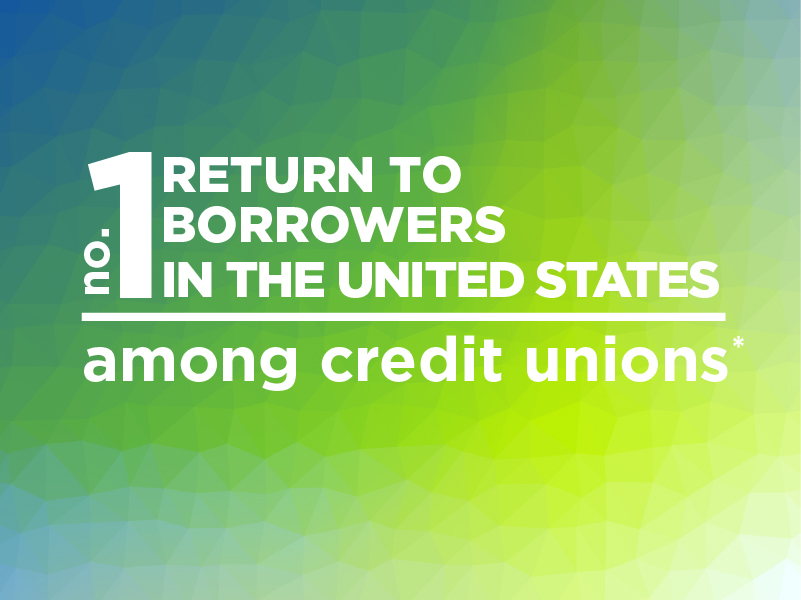What To Do If You Can’t Pay A Bill
Financial Education
How To Improve Your Credit Score
Credit
What’s changing with my credit score?
Why does having a good credit score matter?
How will these changes affect me?
Tips to Improve Your Credit Score
-
Make your payments on time. Paying your bills on time can be one of the fastest ways to build your score while late payments are quick to decrease it. Setting up your account to auto-withdraw your minimum payment every month can easily help you avoid being late. If you know you’d want to make more than the minimum payment, you can always make an additional payment manually when you please. Making your payments on time will also avoid late fees which is always a bonus! -
Mind your balance. Many people don’t know that a big factor in credit scoring is how much revolving credit they have versus how much they’re actually using. In English? Even if you’re paying your balance each month, your score may reflect the balances you incur during the month. In other words, if you consistently charge $2,000 to your card, bureaus may see that as risky. Pro tip: Keep your balance to 30% or less of your total credit line within each payment period. -
Don’t close your lines of credit. There is “good” debt. No, really. Many people think that old debt on their credit report is bad news. But it can be a positive thing. “Good debt – debt that you’ve handled well and paid as agreed – is good for your credit,” says credit guru John Ulzheimer. *In short: Don’t close old accounts where you’ve had a strong repayment history, even if they’re paid off. Think of it as having A’s on your transcripts and then asking the dean to remove them years later. -
Aim for low-risk behaviors. Another leading metric that credit bureaus consider is potential risk factor. What does “potential risk” look like? Usually any sudden changes in patterns like paying less or charging more than you typically do and, of course, missing payments. Other “risky” behaviors: withdrawing cash advances or using credit for transactions that indicate financial stress (e.g., loans from a payday lender). In these instances, try to write a check or use your debit card. -
Check your report. The best things in life are free. Including credit reports. Yes, free credit reports exist! And we’re here to tell you to use them. Any credit expert will tell you it’s in your best interest to regularly view your credit report. After all, how can you fix something if you don’t know it’s broken? Everyone is entitled to a free credit report once every 12 months from the three credit bureaus – Equifax, Experian and TransUnion – through AnnualCreditReport.com. The trick: Stagger each freebie once every four months and you can monitor your credit for free, year-round! -
Sign up for Experian Boost. Experian Boost is a free service from credit bureaus that allows consumers to link the payment histories of their WiFi, cellphone or utilities bills to their credit score. On average, people who have done this saw their score go up by about 10 points!
various credit card options
http://www.bankrate.com/finance/debt/7-simple-ways-improve-credit-score-1.aspx

How To Improve Your Credit Score

4 Financial Tips To Consider When Borrowing Money For The First Time

Do’s and Don’ts to Help You Choose the Right Credit Card

Mid-year Financial Check-up: 5 Questions To Ask

6 Tips For Debt-Free Credit Card Spending

In The Market For A Loan?

6 Tips To Help Kids Navigate College Spending

Make These Four Changes And Get On Track For A Money Smart Year!





Featured Products
Financial Education
About
Help & Support





Stay on SummitCreditUnion.com
Go
Consumer Financial Protection Bureau's website.



